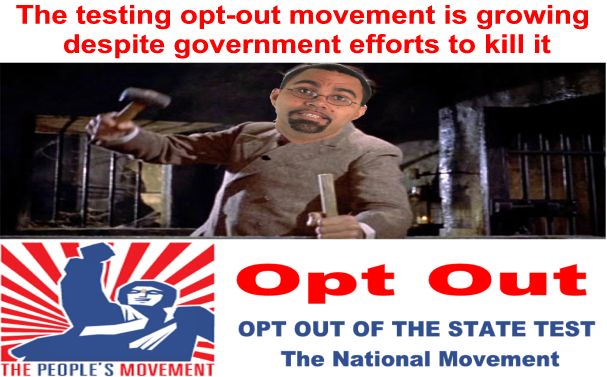Campbell Brown Has Blocked Me From Twitter
Yep. I haven’t been on Twitter for two months yet, and I have been officially blocked by none other than Campbell Brown.
By blocking me, Brown is trying to prevent me from even viewing her Twitter page. However, in such a situation, all one must do is sign out of one’s own Twitter account to view any page from which one is blocked.
So, that’s what I did in order to access her page to write this post.
Brown recently stopped posting on Twitter. On May 20, 2016, she stated why:
Twitter has become a fairly disgusting place. I am checking out for a while. Shabbat Shalom everybody.— Campbell Brown (@campbell_brown) May 20, 2016
Brown’s exit immediately follows a situation that she brought upon herself with the statement that “two out of three eighth graders in this country cannot read or do math at grade level,” which happens to be Brown’s grossly misinterpreting the meaning of NAEP proficiency. Here is that story in Slate as Brown posted it:
What job should the next president do to better understand America? @campbell_brown in our latest #Memosto45: https://t.co/xcjAxFBLz2— 92nd Street Y (@92Y) May 17, 2016
I did respond to her insistence that she was right. Apparently, here are the tweets that I wrote and that offended her:





















